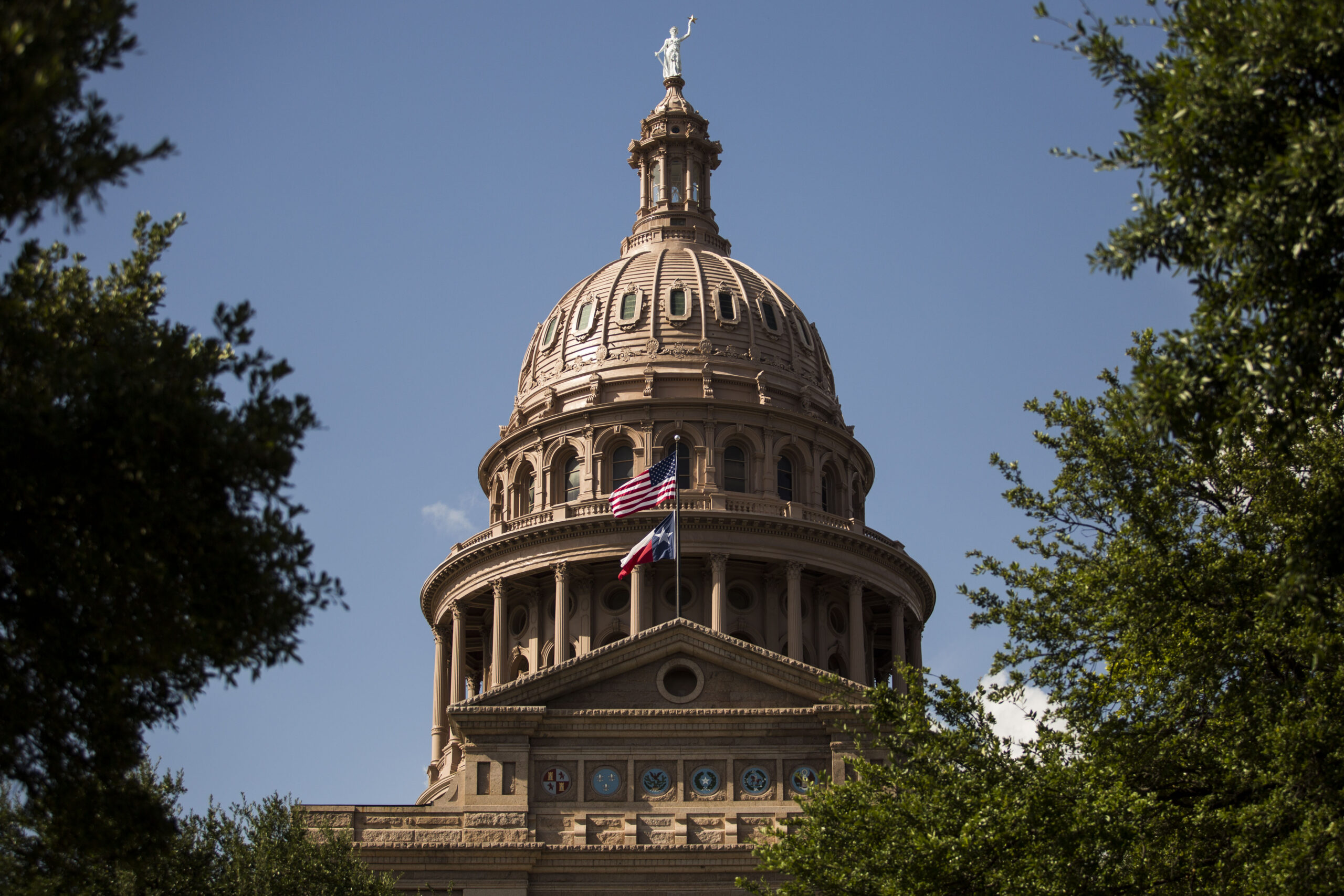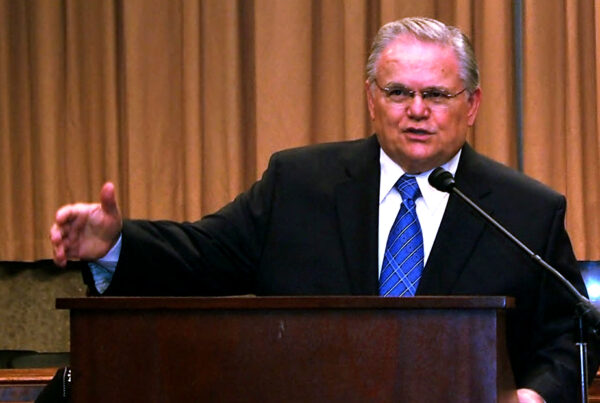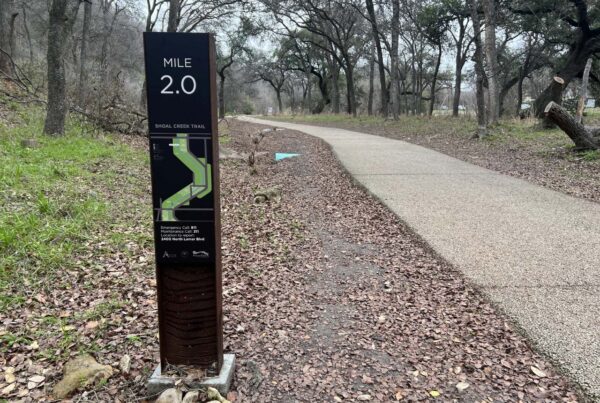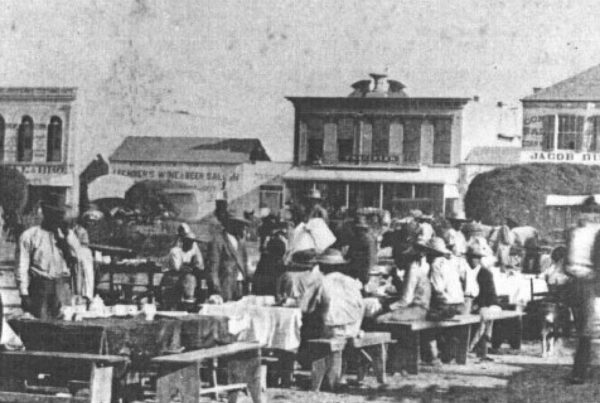The third special legislative session ended on Nov. 7, but lawmakers did not head home from the Capitol.
Legislators failed to pass priority bills on education savings accounts and immigration, so Gov. Greg Abbott immediately called a fourth special session last week.
The Senate quickly passed its version of the education savings account bill. If passed, this program would allow students to spend public dollars on education expenses, including private school tuition.
The Texas House, where lawmakers have been much more resistant to this legislation, saw some progress last week as well, when a panel advanced the chamber’s version of the legislation.
Sergio Martínez-Beltrán, who covers the Capitol for the Texas Newsroom, said the Senate’s version of the bill is more narrow than what the House is considering.
“It only includes funding for the creation of an education savings accounts program, which is a voucher-like program that pretty much creates a savings account for parents to use to pay for the tuition of private or parochial schools. They could also use that money to pay for tutors, to pay for uniforms, transportation, anything school-related,” he said.
“There’s some prioritization for students who are low income, for students who have special needs. But besides that, you know, any student who qualifies for this program would get about $8,000 to pay for these expenses. And that’s what the Senate passed last week, which is very similar to what they passed during the third legislative session.”
The House, meanwhile, is weighing an omnibus education bill with lots of different issues included.
“(House Bill 1) includes funding for the creation of education savings accounts, or school vouchers, but it also includes money for school safety and money to increase the basic allotment, which is the state’s per pupil funding,” Martínez-Beltrán said. “The Senate is taking these bills one by one. But the House put everything together in one big bill.
The House version includes $10,500 for parents to use to pay for private school tuition of students… Last week’s vote was big because the House has not voted on an education savings account bill this year. It has stalled in committee. It’s never gotten to this point.”
» GET MORE NEWS FROM AROUND THE STATE: Sign up for Texas Standard’s weekly newsletters
However, it is still not clear whether House members who oppose voucher programs will get behind this combined bill.
“We are not sure whether those holdouts, particularly Republican holdouts, if they’re going to flip with this bill. We have heard some Republican lawmakers who in the past have opposed school vouchers in the House who are now maybe considering voting on this bill because of all the other components like salary raises for teachers and increasing their basic allotment,” Martínez-Beltrán said. “There’s always the possibility that when this bill is on the House floor for a vote, lawmakers will try to amend the bill and strip the education savings account provision out of it.”
The next step in the process is a vote on the House floor, Martínez-Beltrán said.
“We are expecting that vote to take hours. There’s probably going to be a lot of amendments, there will probably be a robust debate,” he said. “Again, it’s going to be interesting to see whether the Republicans who represent rural areas, who have been the ones who have historically opposed this bill, whether they’re going to flip.”
If both chambers pass a bill, there will have to be compromise between them to get legislation over the finish line. If not, Martínez-Beltrán expects we will start over again.
“Gov. Abbott has said in the past that he said that he’s going to keep calling special sessions and that at one point he’s just going to get involved in the primaries of those Republicans who oppose school vouchers,” Martínez-Beltrán said. “Last week, he said that he’ll call them back in December and January and February if needed, and then he’ll get involved in the politicking of all of it. So lawmakers can probably expect to come back to Austin if they don’t pass something.”












